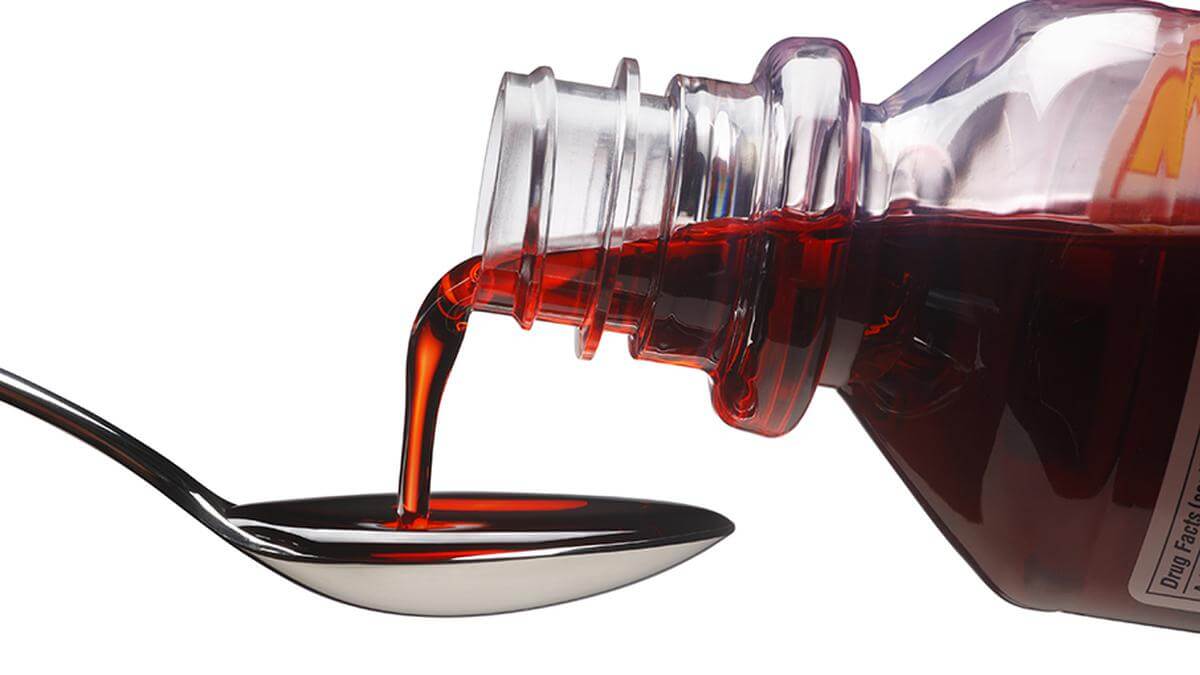Uzbekistan’s health ministry said on Tuesday that 19 children diagnosed with acute respiratory disease died in a span of two months after having “excessive amounts” of India-made cough syrup, Doc-1 Max.
A parliamentary panel linked the children’s death to the excessive consumption of ethylene glycol, a chemical that should not have been present in the cough syrup. It also found that the medicine had “unacceptable levels” of diethylene glycol, which in turn caused acute kidney injuries.
The panel concluded that 19 out of 21 children that reported kidney damage and failure died after taking the syrup three to four times a day for two to seven days, which exceeds the recommended dosage for children who took the drug without a prescription.
The report further noted that while the main component of the syrup is paracetamol, a medication to treat fever, pharmacies incorrectly recommended it for colds, which it said deteriorated the children’s condition. Concerningly, the manufacturing company’s website also markets it as a cold and flu syrup.
In light of the deaths, the ministry said it has withdrawn all Doc-1 Max tablets and syrups from the Uzbek market. The government authorities also fired seven employees for the delay in reporting and analysing the deaths.
Furthermore, a World Health Organisation (WHO) official told the Indian Express that the body was in touch with Uzbek officials and would offer assistance in investigations.
Uzbek Health Ministry says
— Sidhant Sibal (@sidhant) December 29, 2022
-many families used the drug without any prescription or medical supervision
-it has suspended many Uzbek officials for not reporting the deaths in time
-suspected syrup has been barred from sale in the market pic.twitter.com/0J9pRl7Znq
In addition, Hindustan Times reported that the State Security Service initiated a criminal investigation against the local importers of the medicine, Quramax Medical and the State Centre for Expertise and Standardisation of Medicines.
The cough syrup is manufactured in Uttar Pradesh’s Marion Biotech.
According to an Indian health ministry official quoted by The Hindu, the government was “aware” of the reports. However, the source made no further comments on the developments.
Reports suggest that the Central government has demanded evidence of a link of causality between the deaths and the India-made medicines.
Meanwhile, NDTV reported that the Central Drugs Standard Control Organisation and the Uttar Pradesh Drugs Controlling Licensing Authority had launched a joint probe into the allegations. They have also asked Uzbek authorities for a casualty assessment report.
This is not the first time India-made cough syrups have attracted concern in foreign markets. On October 5, the WHO issued a warning linking four Indian cough syrups to the death of 69 children between June and November in Gambia. The cough syrup similarly contained 1.0 – 21.3% weight by volume of diethylene glycol.
The chemicals present in the medicines were said to have several “toxic effects” that can cause acute kidney injury and even death in certain instances.
“development in #Uzbekistan came two months after @WHO in Oct issued global alert for 4 cough syrups made by Haryana-based #Maiden pharma’-66 deaths in Gambia,now 18 children dead in Uzbekistan reportedly cos of side effects of cough syrup produced by another Indian pharma firm. https://t.co/mNvH4NXGFC
— Smita Sharma (@Smita_Sharma) December 28, 2022
As a result, the WHO later suspended the manufacturer Maiden Pharma’s export license. Moreover, local authorities also shut down Maiden's manufacturing unit in Sonipat.
However, India retorted, criticising the WHO for the “premature link” between the deaths and the Indian medicines. In addition, Drugs Controller General VG Somani noted that local authorities had tested the samples, which had “been found to be complying with specifications” and contained no toxic substances.
In a written reply to the parliament, the Indian Minister of State for Chemical and Fertiliser Bhagwant Khuba reiterated that the samples did not contain Diethylene Glycol or Ethylene Glycol.
In 2020, 17 children in Jammu and Kashmir died after consuming another brand of cough syrup containing diethylene glycol. The following year, three children died in New Delhi after consuming a cough syrup with dextromethorphan.
These developments are concerning for India, which is often lauded as the “pharmacy of the world” given that it exported pharmaceutical products worth $24.5 billion in the past fiscal year alone. The low-cost medicines have provided relief to multiple developing countries in Asia, Africa, and Latin America.

